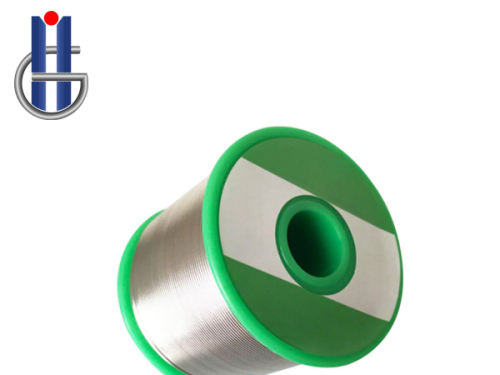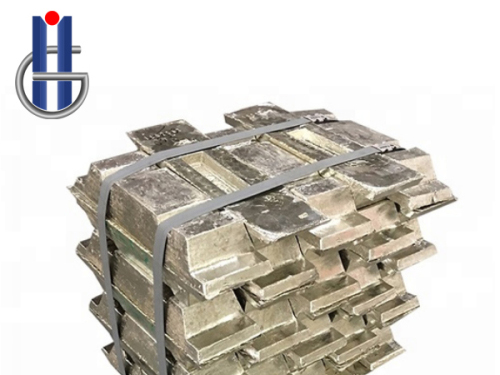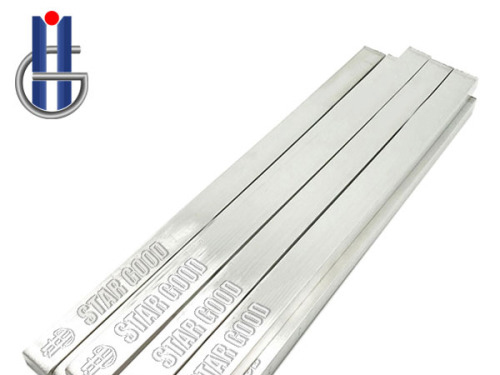Soldering:
One of the primary applications of solid tin wire is in soldering. Tin is a common component in solder alloys, and solid tin wire is used to apply solder to electrical connections. It melts at a relatively low temperature, allowing it to create secure electrical connections without damaging the components being soldered.
Electronics Manufacturing:
Solid tin wire is used in the manufacturing of electronic components and circuit boards. It is employed to create solder joints between electronic components, ensuring reliable electrical connections.
Jewelry Making:
Tin wire is sometimes used in jewelry making for creating intricate designs or connecting different components. It is a malleable metal, making it suitable for crafting various jewelry pieces.
Art and Crafts:
Artists and crafters may use solid tin wire for sculpting, wire art, and other creative projects. Its malleability allows for easy shaping and bending into different forms.
Model Building:
In model building and prototyping, solid tin wire can be used to create structural supports, connections, and small-scale details. Its workability makes it a versatile material for modelers.
Thermal Fuses:
Tin wire is sometimes used in the construction of thermal fuses. These devices are designed to break an electrical circuit when exposed to high temperatures, providing a safety mechanism in various applications.
Medical Devices:
In some medical devices and equipment, solid tin wire can be used for specific connections or applications where its properties are suitable.
Educational Purposes:
Solid tin wire is commonly used in educational settings, such as science laboratories or workshops, to teach soldering techniques and principles of electrical connections.
Automotive and Aviation:
Tin wire may be used in the manufacturing and repair of electrical connections in automotive and aviation applications, where reliable and secure solder joints are essential.
Plumbing:
While other materials like lead-free solder are more common in plumbing applications today, tin wire can still be used for certain plumbing connections, particularly in older systems.
Sealing and Joining:
In some applications, solid tin wire can be used for sealing and joining materials. This can be relevant in specific industrial processes.
It's important to note that the use of solid tin wire is often intertwined with soldering applications, and its popularity is partly due to its compatibility with various materials, low melting point, and ability to create strong and durable connections. Additionally, environmental considerations have led to the development of lead-free solder alloys, with tin being a key component in these alternatives.



 High Purity Tin Ingot: Crucial Applications and Benefits
High Purity Tin Ingot: Crucial Applications and Benefits
 Pure Tin Ingot: Essential Material for Diverse Industrial Applications
Pure Tin Ingot: Essential Material for Diverse Industrial Applications
 Unlocking the Potential of Pure Tin Bars: Essential Components for Diverse Industries
Unlocking the Potential of Pure Tin Bars: Essential Components for Diverse Industries
 Lead Bar for Sale: Uses, Specifications, and Buying Considerations
Lead Bar for Sale: Uses, Specifications, and Buying Considerations